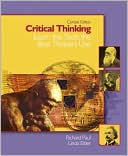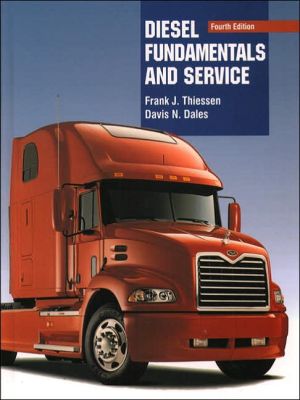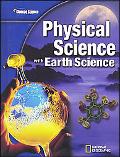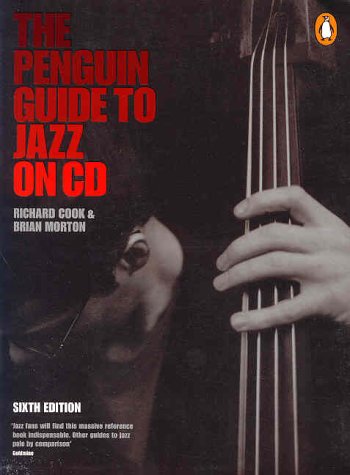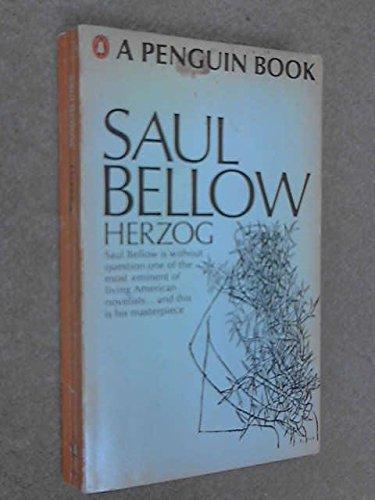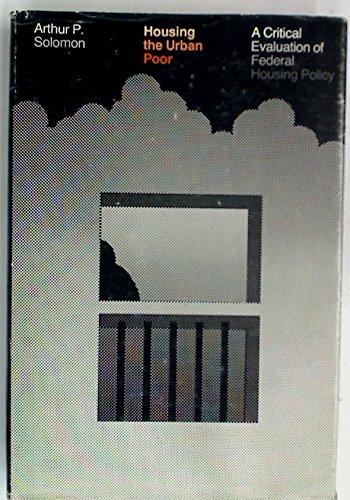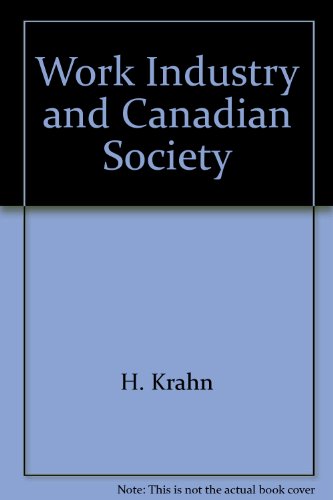Critical Thinking: Learn the Tools the Best Thinkers Use, Concise Edition
Paul, Richard
Elder, Linda
Introduction -- A Start-up Definition Of Critical Thinking -- How Skilled Are You As A Thinker? -- Good Thinking Requires Hard Work -- Defining Critical Thinking -- The Concept Of Critical Thinking -- Become A Critic Of Your Thinking -- Establish New Habits Of Thought -- Develop Confidence In Your Ability To Reason And Figure Things Out -- 1. How The Mind Can Discover Itself -- Recognize The Mind's Three Basic Functions -- Establish A Special Relationship To Your Mind -- Connect Academic Subjects To Your Life -- Learn Both Intellectually And Emotionally -- 2. Discover The Parts Of Thinking -- Thinking Is Everywhere In Human Life -- The Parts Of Thinking -- A First Look At The Elements Of Thought -- An Everyday Example : Jack And Jill -- Analysis Of The Example -- How The Parts Of Thinking Fit Together -- The Relationship Between The Elements -- The Elements Of Thought -- The Best Thinkers Think To Some Purpose -- The Best Thinkers Take Command Of Concepts -- The Best Thinkers Assess Information -- The Best Thinkers Distinguish Between Inferences And Assumptions -- The Best Thinkers Think Through Implications -- The Best Thinkers Think Across Points Of View -- Conclusion -- 3. Discover Universal Standards For Thinking -- Take A Deeper Look At Intellectual Standards -- Clarity -- Accuracy -- Precision -- Relevance -- Depth -- Breadth -- Logic -- Significance -- Fairness -- Bring Together The Elements Of Reasoning And The Intellectual Standards -- Purpose, Goal, Or End In View -- Question At Issue Or Problem To Be Solved -- Point Of View Or Frame Of Reference -- Information, Data, Experiences -- Concepts, Theories, Ideas -- Assumptions -- Implications And Consequences -- Inferences -- Brief Guidelines For Using Intellectual Standards -- 4. Redefining Grades As Levels Of Thinking And Learning -- Develop Strategies For Self-assessment -- Use Student Profiles To Assess Your Performance -- Exemplary Students (grade Of A) -- High Performing Students (grade Of B) -- Mixed-quality Students (grade Of C) -- Low-performing Students (grade Of D Or F) -- Apply The Student Profiles To Assess Your Performance Within Specific Disciplines -- Exemplary Thinking As A Student Of Psychology (grade Of A) -- High-performing Thinking As A Student Of Psychology (grade Of B -- Mixed-quality Thinking As A Student Of Psychology (grade Of C) -- Low-performing Thinking As A Student Of Psychology (grade Of D Or F) -- Conclusion -- 5. Learn To Ask The Questions The Best Thinkers Ask -- The Importance Of Questions In Thinking -- Questioning Your Questions -- Dead Questions Reflect Inert Minds -- Three Categories Of Questions -- Questions Of Fact -- Questions Of Preference -- Questions Of Judgment -- Become A Socratic Questioner -- Focus Your Thinking On The Type Of Question Being Asked -- Focus Your Questions On Universal Intellectual Standards For Thought -- Focus Your Questions On The Elements Of Thought -- Focus Your Questions On Prior Questions -- Focus Your Questions On Domains Of Thinking -- Conclusion -- 6. Discover How The Best Thinkers Learn -- 18 Ideas For Improving Your Learning -- The Logic Of A College As It Is -- How The Best Students Learn -- The Design Of A College Class -- Figure Out The Underlying Concept Of Your Course -- Figure Out The Form Of Thinking Essential To A Course Or Subject -- Think Within The Logic Of The Subject -- A Case : The Logic Of Biochemistry -- Make The Design Of The Course Work For You -- Sample Course : American History, 1600-1800 -- Reading, Writing, Speaking, Listening, And Thinking -- Figure Out The Logic Of An Article Or Essay -- Figure Out The Logic Of A Textbook -- Criteria For Evaluating An Author's Reasoning -- 7. The Best Thinkers Read Closely And Write Substantively -- The Interrelationship Between Reading And Writing -- Part I : Discover Close Reading -- Consider The Author's Purpose -- Avoid Impressionistic Reading -- Read Reflectively -- Think About Reading While Reading -- Engage The Text While Reading -- Think Of Books As Teachers -- Reading Minds -- The Work Of Reading -- Structural Reading -- How To Read A Sentence -- How To Read A Paragraph -- How To Read A Textbook -- How To Read An Editorial -- Take Ownership Of What You Read : Mark It Up -- The Best Readers Read To Learn -- Part Ii : Discover Substantive Writing -- Write For A Purpose -- Substantive Writing -- The Problem Of Impressionistic Writing -- Write Reflectively -- How To Write A Sentence -- Write To Learn -- Substantive Writing In Content Areas -- Relate Core Ideas To Other Core Ideas -- Writing Within Disciplines -- The Work Of Writing -- Nonsubstantive Writing -- Part Iii : Practice Close Reading And Substantive Writing -- Paraphrasing -- Exercises In The Five Levels Of Close Reading And Substantive Writing -- Exploring Conflicting Ideas -- Exploring Key Ideas Within Disciplines -- Analyzing Reasoning -- Writing Substantively To Analyze Reasoning : An Example -- Evaluating Reasoning -- 8. Become A Fair-minded Thinker -- Weak Versus Strong Critical Thinking -- What Does Fair-mindedness Require? -- Intellectual Humility : The Best Thinkers Strive To Discover The Extent Of Their Ignorance -- Intellectual Courage : The Best Thinkers Have The Courage To Challenge Popular Beliefs -- Intellectual Empathy : The Best Thinkers Empathically Enter Opposing Views -- Intellectual Integrity : The Best Thinkers Hold Themselves To The Same Standards To Which They Hold Others -- Intellectual Perseverance : The Best Thinkers Do Not Give Up Easily, But Work Their Way Through Complexities And Frustration -- Confidence In Reason : The Best Thinkers Respect Evidence And Reasoning And Value Them As Tools For Discovering The Truth -- Intellectual Autonomy : The Best Thinkers Value Their Independence In Thought -- The Best Thinkers Recognize The Interdependence Of Intellectual Virtues -- Conclusion -- 9. Deal With Your Irrational Mind -- Part I : The Best Thinkers Take Charge Of Their Egocentric Nature -- Understand Egocentric Thinking -- Understand Egocentrism As A Mind Within The Mind -- Successful Egocentric Thinking -- Unsuccessful Egocentric Thinking -- Rational Thinking -- Two Egocentric Functions -- Pathological Tendencies Of The Human Mind -- The Best Thinkers Challenge The Pathological Tendencies Of Their Minds -- The Challenge Of Rationality -- Part Ii : The Best Thinkers Take Charge Of Their Sociocentric Tendencies -- The Nature Of Sociocentrism -- Social Stratification -- Sociocentric Thinking Is Unconscious And Potentially Dangerous -- Sociocentric Uses Of Language -- Disclose Sociocentric Thinking Through Conceptual Analysis -- Reveal Ideology At Work Through Conceptual Analysis -- The Mass Media Foster Sociocentric Thinking -- Conclusion -- 10. The Stages Of Critical Thinking Development : At What Stage Are You? -- Stage One : The Unreflective Thinker -- Stage Two : The Challenged Thinker -- Stage Three : The Beginning Thinker -- Stage Four : The Practicing Thinker -- A Game Plan For Improvement -- A Game Plan For Devising A Game Plan -- Integrating Strategies One By One -- Appendices -- A. Further Exercises In Close Reading And Substantive Writing -- B. Sample Analysis Of The Logic Of ... -- C. What We Mean By The Best Thinkers? -- Glossary. Richard Paul, Linda Elder. Title Page Missing. Includes Bibliographical References (p. 335-336) And Index.
Critical thinking--Study and teaching (Higher), Academic achievement, LB2395.35 .P38 2006, 370.15/2
| Name in long format: | Critical Thinking: Learn the Tools the Best Thinkers Use, Concise Edition |
|---|---|
| ISBN-10: | 0131703471 |
| ISBN-13: | 9780131703476 |
| Book pages: | 368 |
| Book language: | en |
| Edition: | 1 |
| Binding: | Paperback |
| Publisher: | Pearson |
| Dimensions: | Height: 9 Inches, Length: 7.5 Inches, Weight: 1.13978989454 Pounds, Width: 0.75 Inches |

